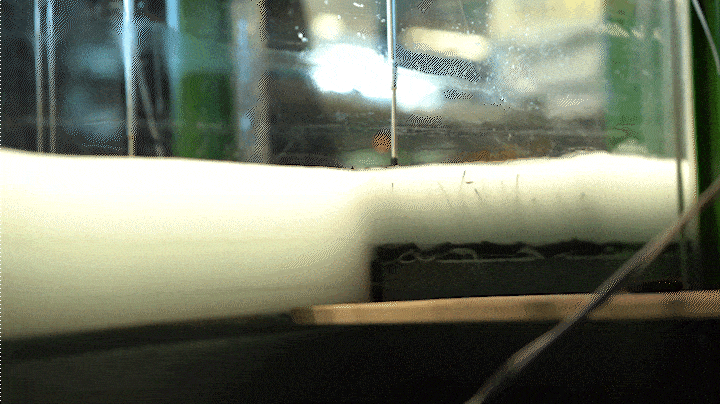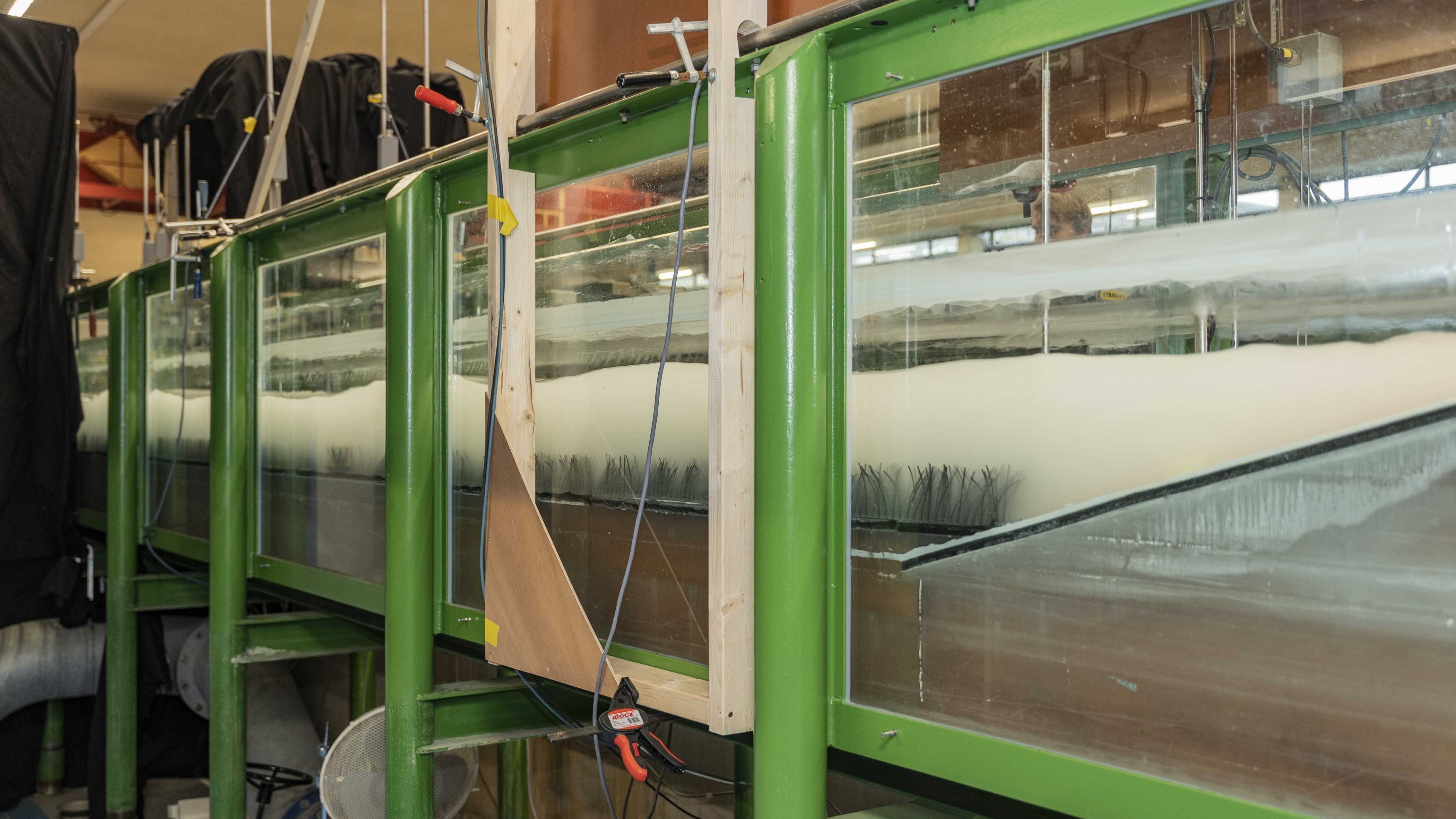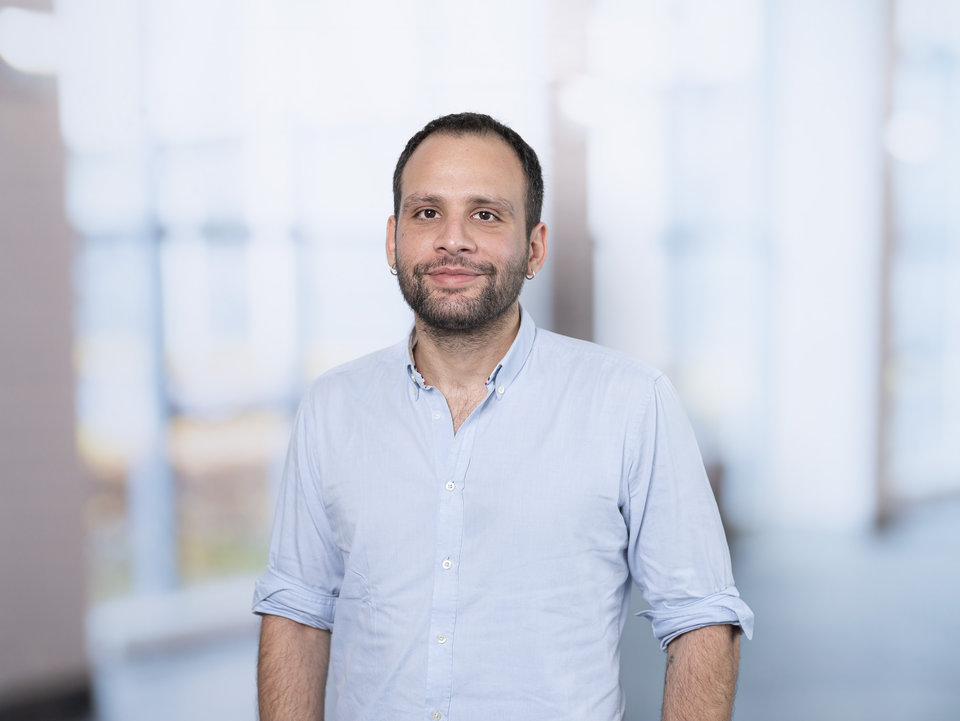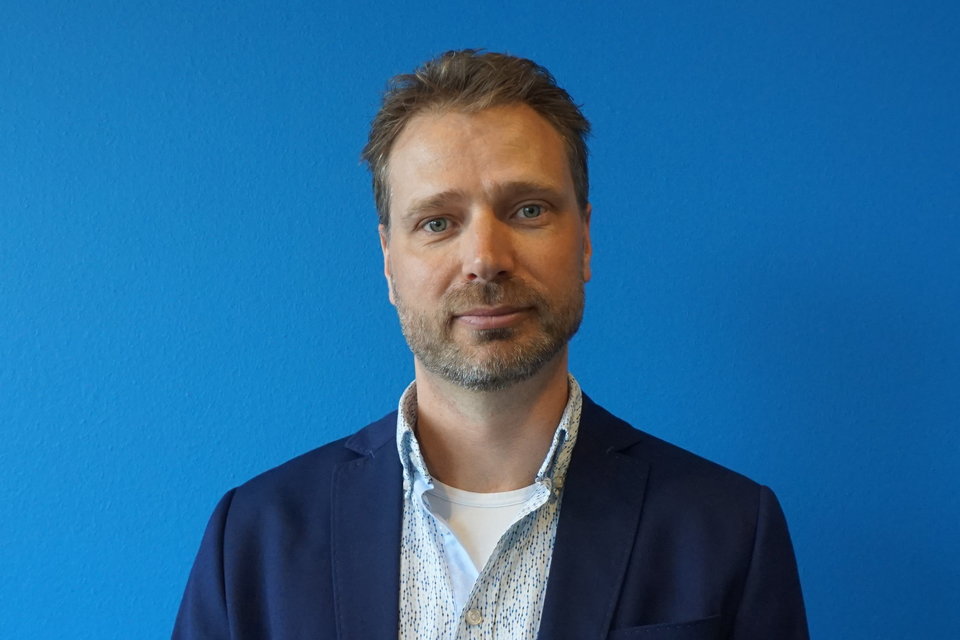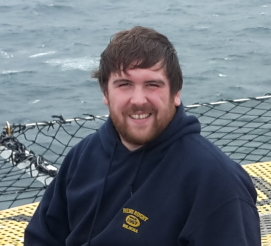Living Dikes
Wave attenuation of saltmarshes under extreme hydrodynamic forcing
One of the urgent challenges of our time is to prepare for the inevitable effects of global climate change. In densely populated deltas around the globe, hard structures such as dikes covered with asphalt or hard revetment are commonly used as coastal protection measure. Such structures are static and might not withstand the rising sea levels and increased storminess.
Instead, soft solutions – such as coastal wetlands – could be built in front of the dikes, which are climate-adaptive as they capture sediments and grow with rising sea level and can reduce the wave loads from the incoming storms Vuik et al. (2016). Moreover, grass dikes and wetlands offer opportunities for nature development and recreational use and store carbon very effectively, thereby providing environmental and societal benefits (Gedan et al. (2011). We call these grass dikes with wetlands in front of them “living dikes”.
The goal of the “Living Dikes” project is to study, generalise and implement the use of vegetated foreshores in combination with conventional flood defences. It is consisted in five work packages, each of which is contributing to the total project from different aspects. As work package 2, we are studying the performance of salt marshes in front of dikes under extreme hydrodynamic conditions. From February to May 2023 we conducted small scale wave flume experiments in our Hydraulic Engineering laboratory investigating the performance of a small-scale marsh composed of 50.000 flexible rubber shoots.
This work package is mainly focused in studying a salt marsh during extreme wave conditions under the scope of:
- Wave attenuation;
- Salt marsh erosion.
Partners
- University of Twente
- Deltares
- NIOZ
- Coastal practitioners
- University of Florence
Contact
If you have any questions about the Living Dikes project, please contact Dimitris Dermentzoglou (d.dermentzoglou@tudelft.nl). The project is supervised by Alessandro Antonini (a.antonini@tudelft.nl) and Bas Hofland (b.hofland@tudelft.nl).
